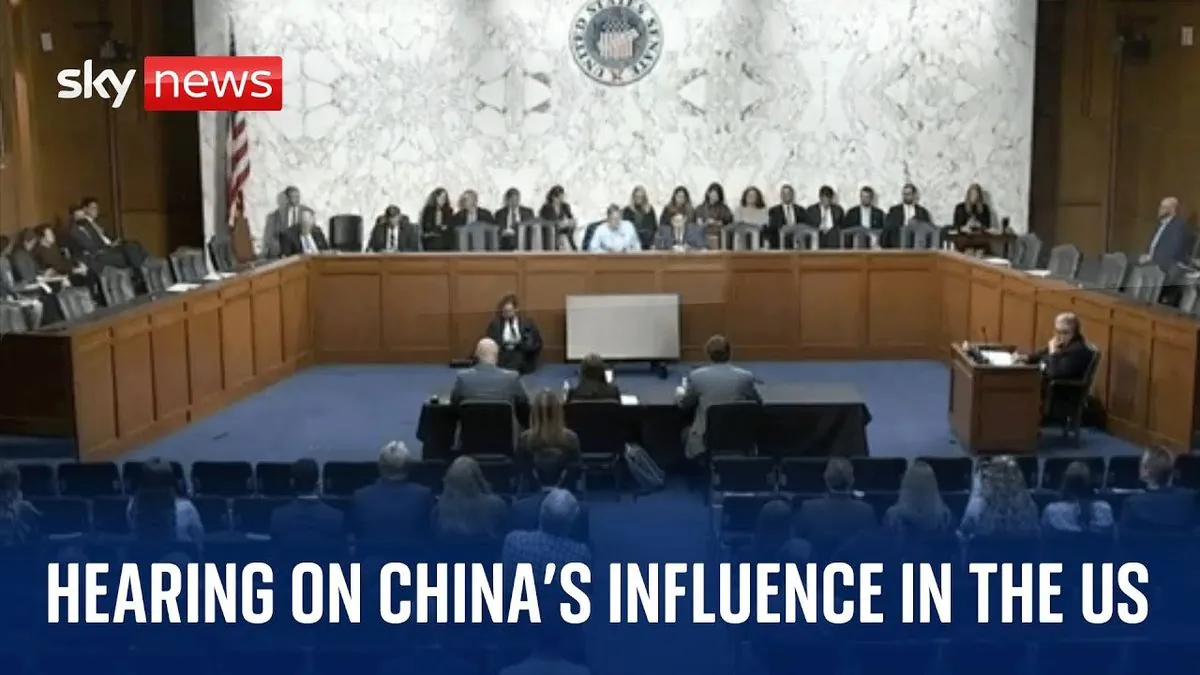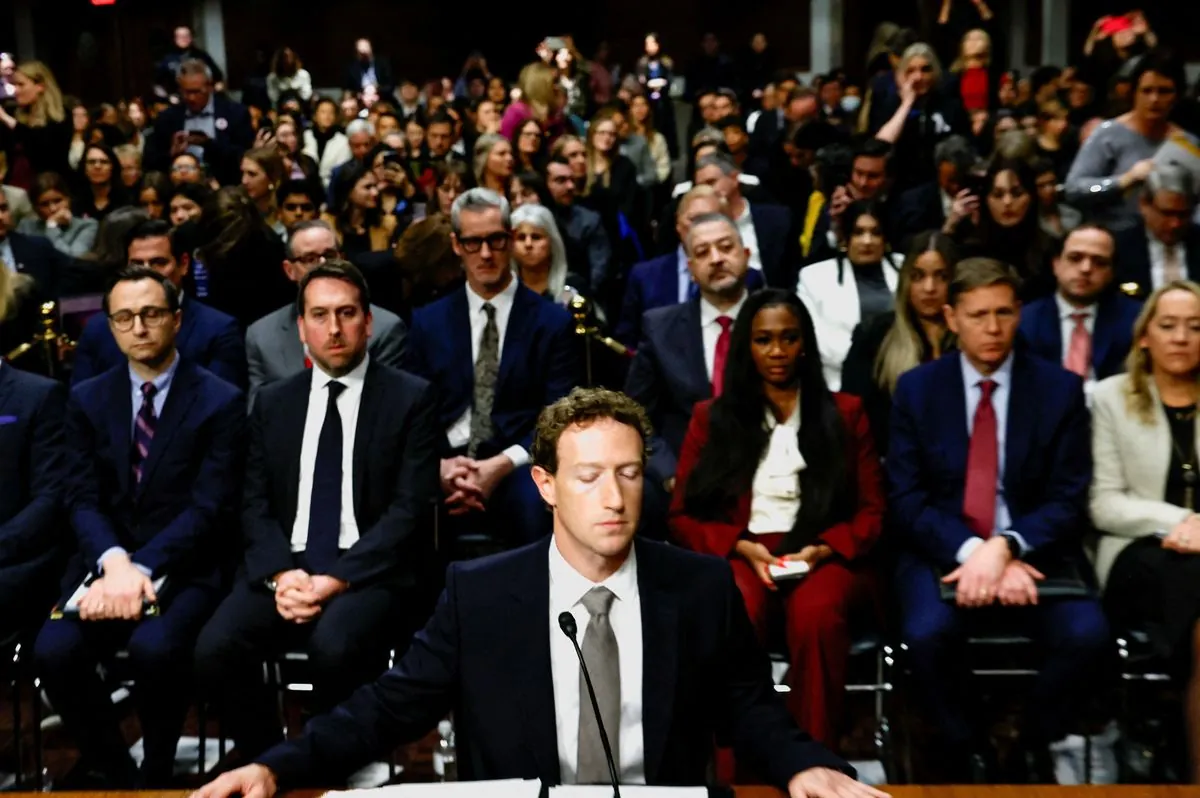Tech Giants to Address Senate on Election Security Concerns
Major tech executives set to testify at U.S. Senate Intelligence Committee hearing on election threats. Google, Adobe, Microsoft, and Meta representatives to discuss technology's role in safeguarding democratic processes.

In a significant development concerning election security, the U.S. Senate Intelligence Committee is set to convene a hearing focused on potential threats to the electoral process. The session, scheduled for September 18, 2023, will feature testimony from executives representing some of the world's leading technology companies.
Kent Walker, global affairs president of Alphabet Inc., Nick Clegg, global affairs president of Meta Platforms Inc., Brad Smith, president of Microsoft Corporation, and a representative from Adobe Inc. are expected to provide insights during the proceedings. These industry leaders will address the committee on various aspects of technology's impact on election integrity.
The hearing comes at a crucial time, as concerns about the influence of technology on democratic processes have intensified since the 2016 U.S. presidential election. This event marked a turning point in discussions about online misinformation and its potential effects on voter behavior.

The involvement of these tech giants underscores the critical role that digital platforms play in modern elections. Google, founded in 1998, has become a primary source of information for voters. Meta Platforms, which changed its name from Facebook in October 2021, operates some of the world's largest social media networks. Microsoft, established in 1975, provides essential software and cloud services used in election infrastructure. Adobe, known for creating the PDF format, contributes to the digital tools used in campaign communications.
Each of these companies has faced scrutiny regarding their handling of election-related content and security measures. The Senate Intelligence Committee, formed in 1976, has been at the forefront of investigating foreign interference and technological threats to U.S. elections.
"The integrity of our elections is paramount to the functioning of our democracy. We must ensure that technology companies are doing their part to protect the electoral process from both foreign and domestic threats."
The upcoming hearing represents a continuation of efforts to address the complex interplay between technology and democracy. As the 2024 U.S. presidential election approaches, the insights provided by these tech leaders could shape future policies and practices aimed at safeguarding the electoral system.
It's worth noting that the landscape of election technology has evolved significantly since the first use of electronic voting machines in a U.S. presidential election in 2002. As digital platforms have become increasingly central to political discourse, the responsibility of tech companies in maintaining election integrity has grown proportionally.
The testimony of these executives is expected to cover a range of topics, including measures to combat misinformation, protect voter data, and enhance the security of election-related technologies. Their input could prove crucial in shaping the approach to election security in an era where digital threats continue to evolve and expand.


































